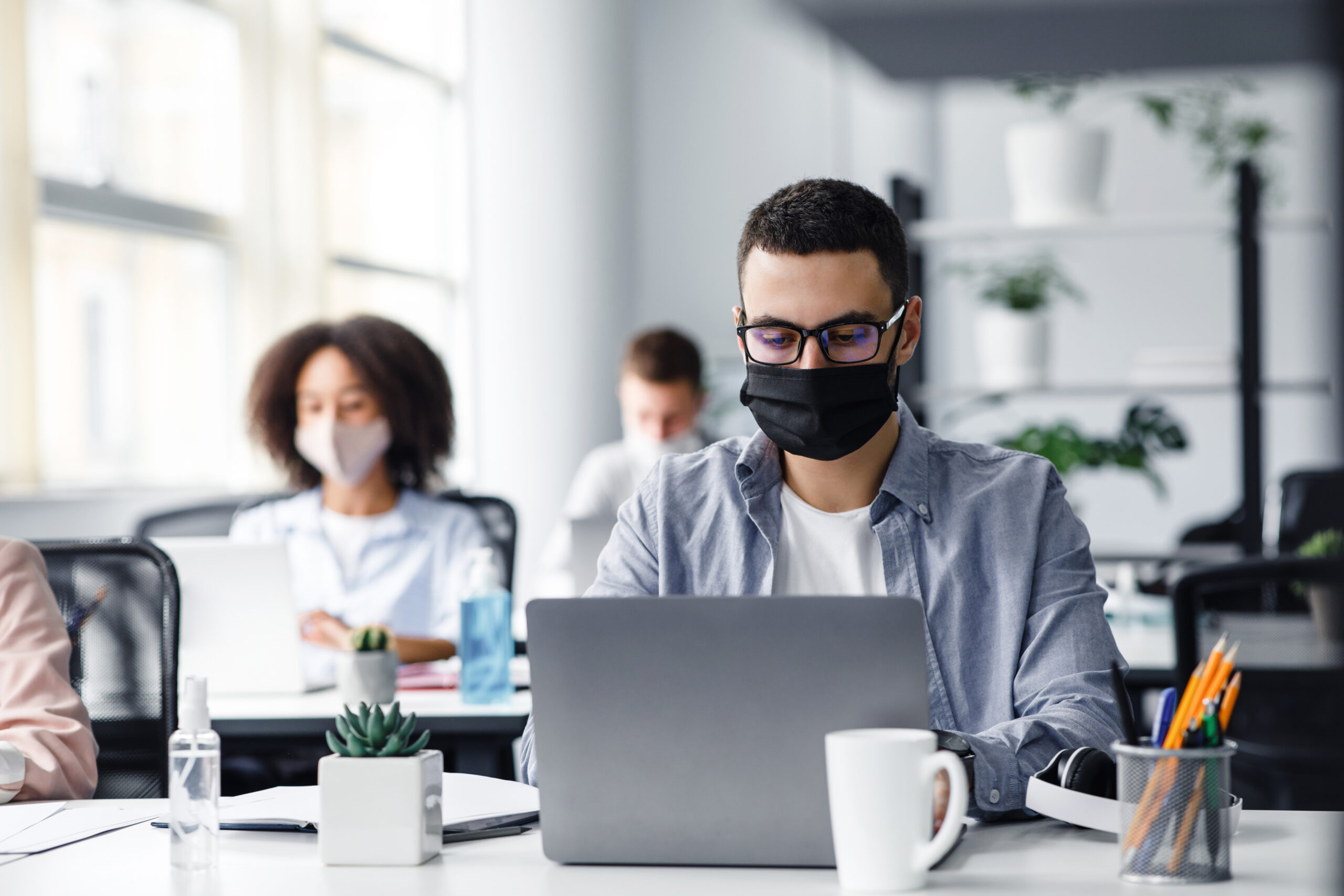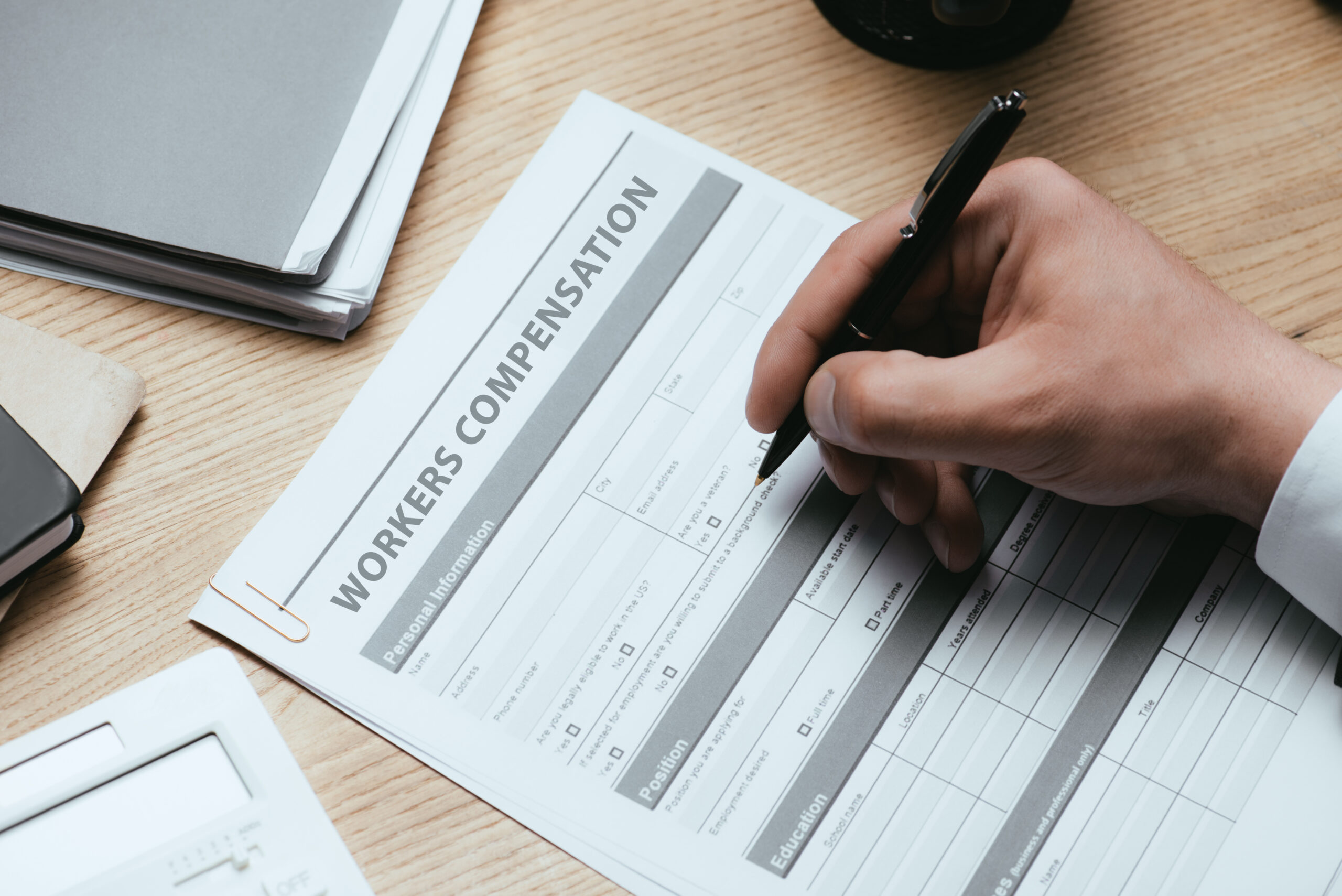Risk Management

March 18, 2021
2021 Commercial Property Insurance Market Outlook
The commercial property market has steadily hardened in recent years, resulting in rate increases every quarter since Q3 2017. Unfortunately, these rate increases—as well as additional policy restrictions—are expected to continue in 2021. We predict that many insureds will experience double-digit rate increases, lowered available capacity and various policy restrictions or exclusions—especially regarding losses tied...

March 15, 2021
Perspectives: Companies Increasingly Turn to Captives as Employee Benefits Evolve Due to COVID-19
COVID-19 has been the biggest disruptor in the health care sector in years, catapulting change in the delivery of care and putting greater focus on the emotional and financial well-being of employees as part of a broader business resiliency effort. To manage this more expansive set of benefits, companies are increasingly turning to captives for...

February 18, 2021
Maintaining Effective Sprinkler Heads
Sprinkler heads are largely responsible for detecting the presence of a fire at your commercial property and activating the sprinkler system’s water dispersal capabilities—thus suppressing the flames and mitigating damage. Data from the National Fire Protection Association (NFPA) suggests that effective sprinkler systems can reduce total deaths and property loss from fire incidents by over...

February 16, 2021
Employers Concerned About Mental Health, Stress Impact on Safety
More than 90% of employers are concerned about mental health and chronic stress impacting their workers’ fitness for duty, according to the results of a survey released Monday by the National Safety Council. The Itasca, Illinois-based council surveyed employers about workplace impairment in 2020, finding that 93% of employers believe that fitness for duty extends...

February 1, 2021
OSHA Issues New Prevention Guidance on COVID-19 in the Workplace
On Jan. 29, 2021, the Occupational Safety and Health Administration (OSHA) issued guidance on mitigating and preventing the spread of COVID-19 in the workplace. The guidance is intended to inform employers and workers in settings outside of health care of the risks of being exposed to or contracting COVID-19 at work. This guidance is meant...

January 28, 2021
Most Costly OSHA Violations for the Construction Industry
The Occupational Safety and Health Administration (OSHA) keeps records not only of the most frequently cited standards overall, but also within particular industries. An analysis of the most recent statistics from OSHA reveals the top standards cited in the fiscal year 2020 for the construction industry (NAICS 23). Many of these recurring violations are associated...

January 26, 2021
CDC Provides Guidance on Ventilation in Buildings
Recently, the Centers for Disease Control and Prevention (CDC) launched a webpage providing guidance on ventilation in buildings to reduce COVID-19 exposure indoors. The CDC provides recommendations on what heating, ventilation and air conditioning (HVAC) strategies employers should use to lower the risk of exposure to COVID-19 throughout the workplace. One of the recommendations is...

December 14, 2020
Workers’ Compensation Trends to Watch in 2021
Not only is workers’ compensation coverage required in most states, but it also plays a major role in connecting injured employees to the care they need to return to work as quickly and safely as possible. That’s why it’s crucial for your organization to develop an effective workers’ compensation program. To ensure a successful program,...

October 22, 2020
What Property Managers Need to Know About Cyber Security
Over the last decade, the way commercial office buildings operate has become more sophisticated and streamlined with new advances in technology. From building connectivity to HVAC systems to keyless entry—tech and smart tech has made its way into nearly every facet of how a building operates. But as the technology has become more advanced...

October 20, 2020
Improving Safety and Compliance Risk Management in Construction
By relying on effective technology and expertise to ensure contractors and vendors are qualified and compliant with company and industry-specific policies, rental companies can better manage evolving risks to create stronger, safer businesses. From the U.S. Department of Labor’s OSHA guidelines and regulations to best practices and specifications published by the American National Standards...
